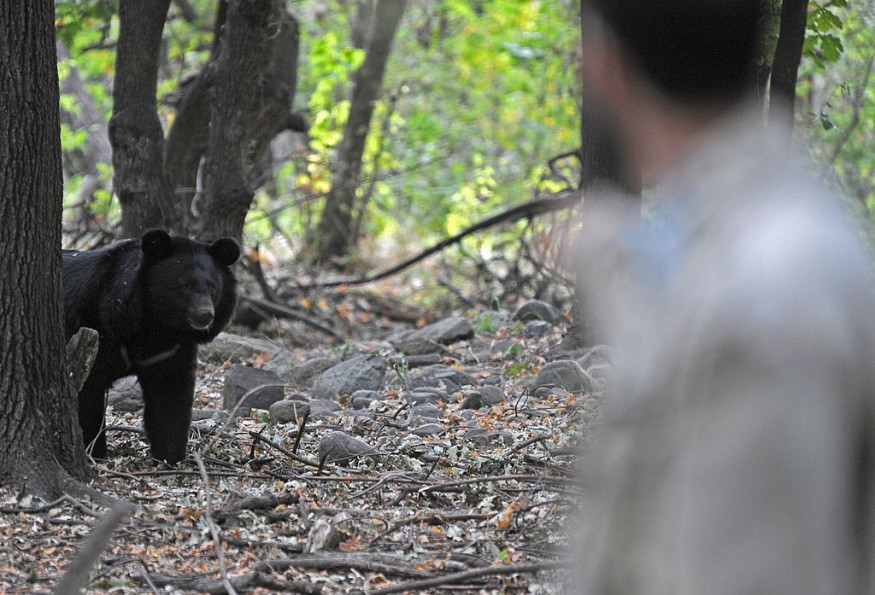A drunk bear has been reported on the loose after raiding a food store in the village of Babesa in Bhutan and drinking a combination of brewed rum and other alcohol, according to media sources this week.
The incident occurred in early January where a Himalayan black bear reportedly drank a potent rum mixed with Ara, which is a traditional alcoholic beverage consumed in the said South Asian country.
Drunk Bear in Bhutan

The drunk bear's activity woke up a local named Ugyen Pelzom at around 2:00 a.m. local time on January 3 and called the local forestry officials after finding the bear inside the store, Newsweek reported.
Pelzom told Kuensel, Bhutan's national newspaper, that the bear was busy feeding on leftover food and salt.
Despite calling local authorities and arriving at the scene, the bear had already escaped back to the nearby forest area.
Bears are known for raiding food stores and other related outlets like grocery stores in the past.
Animal behaviorists and wildlife experts have asserted before that such incidents occur due to various factors, especially when bears become hungry and aggressive in search for human food, even leftovers from garbage.
In addition, human-wildlife conflict involving bears are increasing due to habitat loss.
The Himalayan Black Bear
The Himalayan black bear (Ursus thibetanus laniger) can be found in a range in the Himalayas mountain range and jungle areas from Bhutan in the east and into Pakistan in the west, according to the UK's non-profit organization Bear Conservation.
During summer, the Himalayan black bears can be found in warmer areas of China, Nepal, Russia, and Tibet as high as 4,000 meters.
Meanwhile, the animals descend to the lower, tropical forests approximately at around 1,500 to 2,000 meters, according to the organization.
Since 1977, the said bear species are protected and listed under the IUCN Red List of threatened or endangered species.
Why Bears Seek Human Food?
The National Park Service (NPS) stated that bears are quick learners and will return to some areas where they find food before, highlighting that such behavior is not only dangerous for humans, but it is also harmful to the bears.
Human food is bad for bears since it makes the said wild animals lose their appetite for natural food sources, as well as their fear of humans, the NPS explains.
Over time, a ursine (those belonging to the bear family Ursidae) could star approaching people in search of food, where the animals become aggressive, dangerous, and unpredictable.
The US government agency cites that studies have shown that bears lose their fear of people have a shorter life expectancy than their counterparts that feed on their natural prey and are afraid of people.
The assertion comes from the fact that bears entering human settlements in search of food and garbage can damage both property and injure individuals.
Bears are often euthanized after getting caught.
In 2022, a Washington state wildlife officials killed a 300-pound black bear after developing an unnaturally high-calorie diet eating non-natural food sources like garbage, according to a video report by KING 5 News.
Related Article : Bears Roam Empty City as Residents of South Lake Tahoe Flee Caldor Fire
© 2025 NatureWorldNews.com All rights reserved. Do not reproduce without permission.





